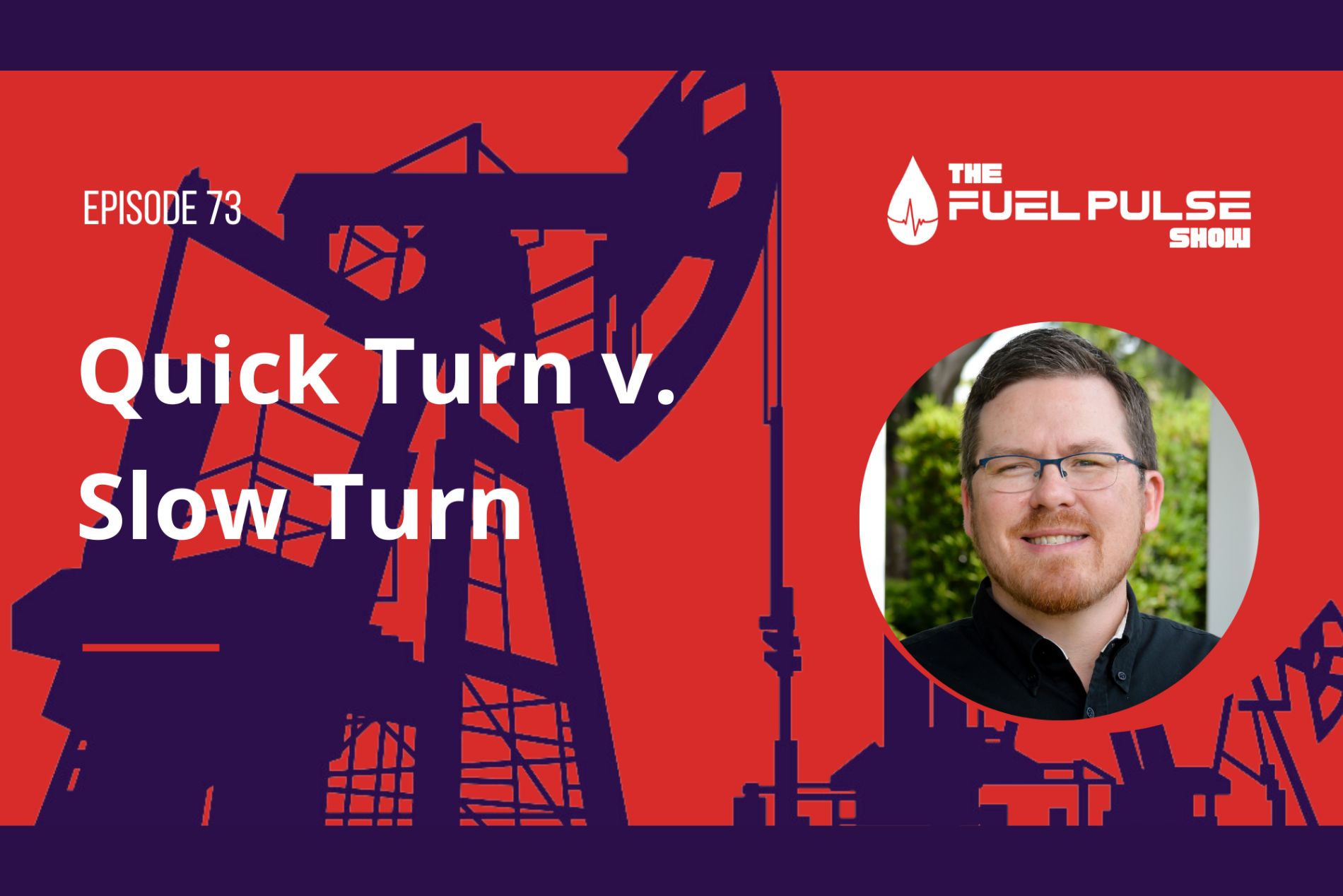Episode 055 - Back To School - ULSD
This episode of the Fuel Pulse Show introduces a "Back to School" series, focusing on the differences between modern Ultra Low Sulfur Diesel (ULSD)...
1 min read
Erik Bjornstad : Oct 23, 2024 6:00:00 AM

In this episode of the Fuel Pulse Show's Back to School series, host Erik Bjornstad discusses the increasing problem of microbial contamination in modern stored fuels. He explains why today's ultra-low sulfur diesel fuels are more susceptible to microbial growth than older fuels, highlighting the role of water accumulation and fuel composition changes.
The episode covers the types of microbes found in fuel systems, where they thrive, and the problems they cause, including fuel degradation, corrosion, and filter plugging. Bjornstad emphasizes the importance of early detection and treatment of microbial contamination to prevent widespread issues in fuel storage and distribution systems.
Here are three notable quotes from the podcast episode:
[00:00:00] Introduction to the Fuel Pulse Show and the Back to School series
[00:00:30] Discussion on how modern stored fuels are more susceptible to microbial contamination
[00:01:00] Overview of microbes in fuel systems: bacteria, fungi, yeasts, and molds
[00:02:00] Reasons for increased microbial problems in today's fuels
[00:03:00] Where microbes thrive in fuel storage systems
[00:04:00] Problems caused by microbial contamination: fuel quality degradation and corrosion
[00:05:00] Issues with biomass/biofilm production and the potential for contamination spread
[00:06:00] Teaser for the next episode on detecting microbial contamination
[00:06:30] Closing remarks and call to action for subscribers and reviews

This episode of the Fuel Pulse Show introduces a "Back to School" series, focusing on the differences between modern Ultra Low Sulfur Diesel (ULSD)...

In Episode 73 of the Fuel Pulse Show podcast, host Erik Bjornstad tackles a common misconception in fuel storage management: that quick turn fuel...

In this episode of the Fuel Pulse Show, host Erik Bjornstad delves into the basics of long-term diesel fuel storage. He explains that diesel fuel...